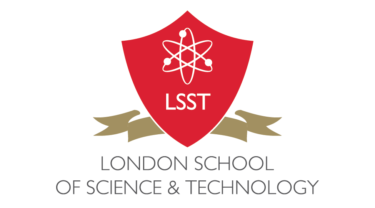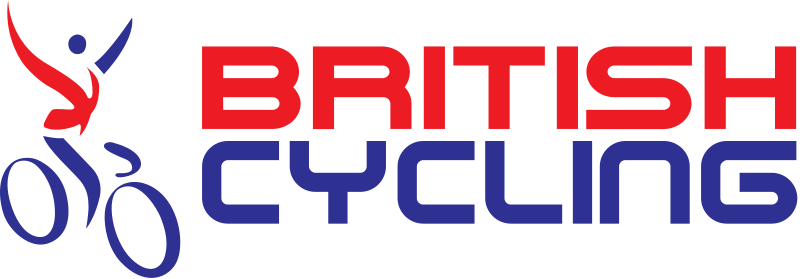The Importance of Soft Skills in the Workplace
In today's dynamic and rapidly evolving business landscape, technical expertise alone is no longer sufficient to guarantee success. While hard skills—such as technical abilities, industry knowledge, and specific job-related competencies—are crucial, they need to be complemented by soft skills to ensure well-rounded performance and a thriving workplace environment. Soft skills, often referred to as interpersonal or people skills, encompass a range of abilities that enable individuals to effectively communicate, collaborate, and adapt to their environment. These skills are essential in fostering strong relationships, driving team productivity, and ultimately contributing to the success of the organisation.
The Role of Soft Skills in the Modern Workplace
- Enhanced Communication: Effective communication is the cornerstone of any successful organisation. Whether it's conveying ideas clearly in meetings, providing constructive feedback, or resolving conflicts, strong communication skills are vital. Employees who can articulate their thoughts clearly and listen actively are better equipped to collaborate with colleagues, manage clients, and lead teams. In contrast, poor communication can lead to misunderstandings, decreased morale, and productivity setbacks.
- Team Collaboration: The ability to work well in a team is another crucial soft skill. In today's workplaces, where projects often require cross-functional collaboration, employees must be able to cooperate, share ideas, and support one another. Good teamwork fosters innovation, improves problem-solving, and leads to more efficient and effective outcomes. Employees with strong collaboration skills contribute to a positive team environment and help create a culture of mutual respect and shared success
- Adaptability and Problem-Solving: In an ever-changing business landscape, adaptability is key. Employees who can quickly adjust to new situations, learn from setbacks, and find creative solutions to challenges are invaluable to any organisation. Soft skills such as critical thinking and problem-solving allow employees to navigate the complexities of their roles and the broader organisational context. These skills are particularly important in fast-paced environments where change is constant, and quick, well-thought-out decisions are necessary.
- Emotional Intelligence: Emotional intelligence (EI) is the ability to understand and manage one's own emotions and the emotions of others. This skill is essential for building strong interpersonal relationships, leading teams effectively, and managing stress in the workplace. Employees with high emotional intelligence are often better leaders, as they can empathize with their team members, provide support when needed, and foster a positive and productive work environment. Moreover, emotionally intelligent individuals are better equipped to handle conflict and build a cohesive team.
- Leadership: Leadership is not just about managing tasks; it's about inspiring and guiding others towards a common goal. Effective leaders possess a range of soft skills, including communication, empathy, problem-solving, and decision-making. These skills enable them to motivate their teams, navigate challenges, and drive the organisation forward. Even employees who are not in formal leadership roles benefit from developing leadership skills, as they can take initiative, influence their peers, and contribute to the organisation's success.
Cultivating Soft Skills in the Workplace
Recognising the importance of soft skills is the first step; the next is fostering an environment where these skills can be developed and honed. Organisations can take several steps to encourage the growth of soft skills among their employees:
- Training and Development: Offer training programs focused on developing soft skills such as communication, teamwork, and emotional intelligence. These programs can be delivered through workshops, seminars, or online courses and should be tailored to the specific needs of the organisation and its employees.
- Mentorship and Coaching: Pairing employees with mentors or coaches can provide valuable opportunities for personal and professional growth. Mentors can offer guidance, share their experiences, and help employees develop the soft skills necessary for success in their roles.
- Feedback and Recognition: Regular feedback is crucial for the development of soft skills. Encourage managers to provide constructive feedback on both hard and soft skills and recognize employees who demonstrate strong interpersonal abilities. This not only reinforces the importance of soft skills but also motivates employees to continue improving.
- Culture of Continuous Learning: Create a workplace culture that values and promotes continuous learning and development. Encourage employees to take ownership of their personal growth and provide them with the resources and support they need to enhance their soft skills.
Soft Skills as a Competitive Advantage
In a world where technology and automation are rapidly advancing, the value of soft skills cannot be overstated. These skills are what set individuals and organisations apart in an increasingly competitive landscape. By investing in the development of soft skills, companies can build more cohesive, adaptable, and high-performing teams that are equipped to meet the challenges of the modern workplace.
HealthBoxHR's Commitment to Soft Skills Development
At HealthBoxHR, we understand the critical role that soft skills play in organisational success. Our platform is designed to not only manage your HR processes efficiently but also to support the continuous development of your team's soft skills. With tools that facilitate feedback, learning, and development, HealthBoxHR helps organisations cultivate a workforce that excels in both technical abilities and interpersonal relations. By integrating soft skills development into your HR strategy, you can ensure that your team is prepared to navigate the complexities of today's workplace and drive your organisation towards success.































